Nexus 4 vs iPhone 5 vs S3 vs Lumia 920 vs BB Z10 head-to-head review
We put the best devices from Apple, BlackBerry, LG, Nokia and Samsung head-to-head.
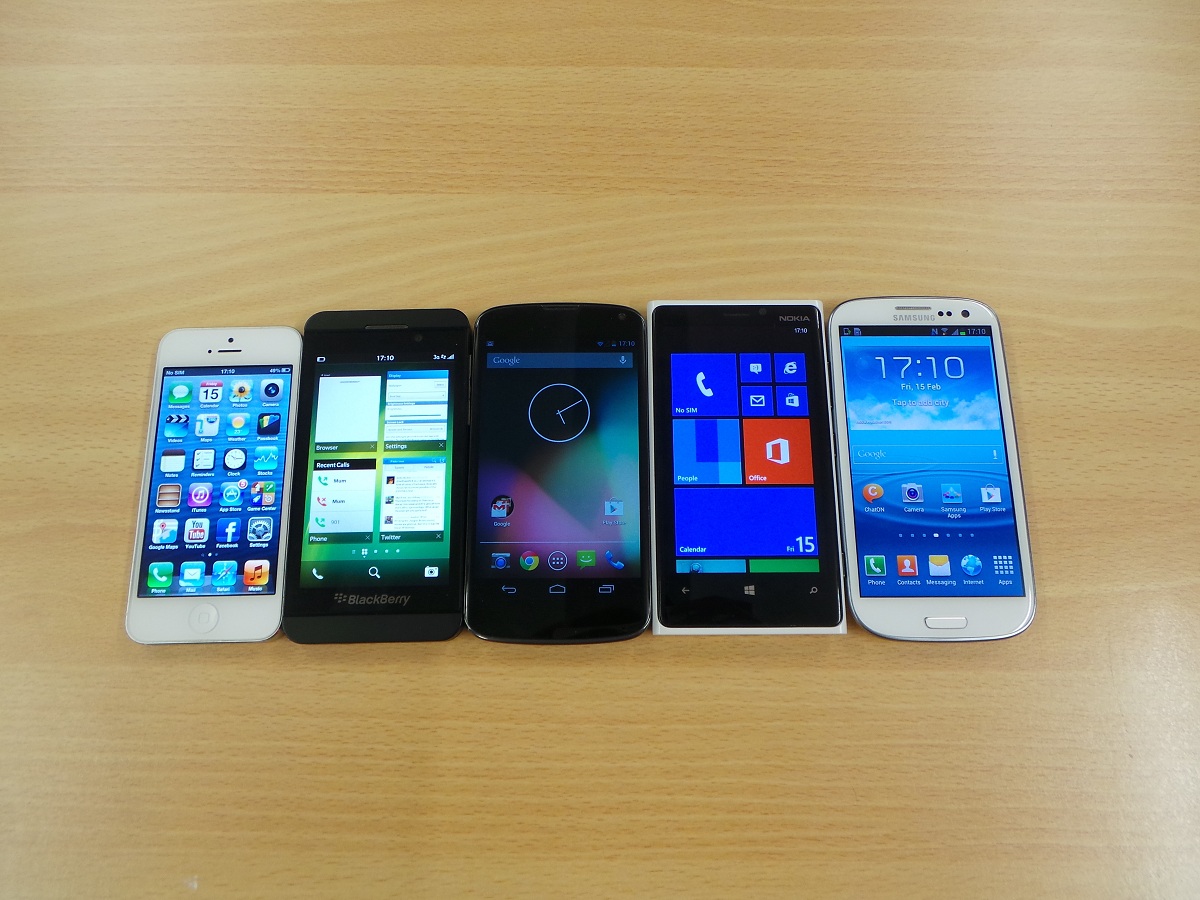
The most commonly used task on a smartphone is web browsing. It's also a resource hungry use case, which makes it a good benchmarking tool. We've run the device through the Sunspider and Peacekeeper benchmarks to help show which has the best browser.
The two Android devices in this test are powered by quad-core processors, whilst the BlackBerry, iOS and Windows Phone handsets all use dual-core chips.
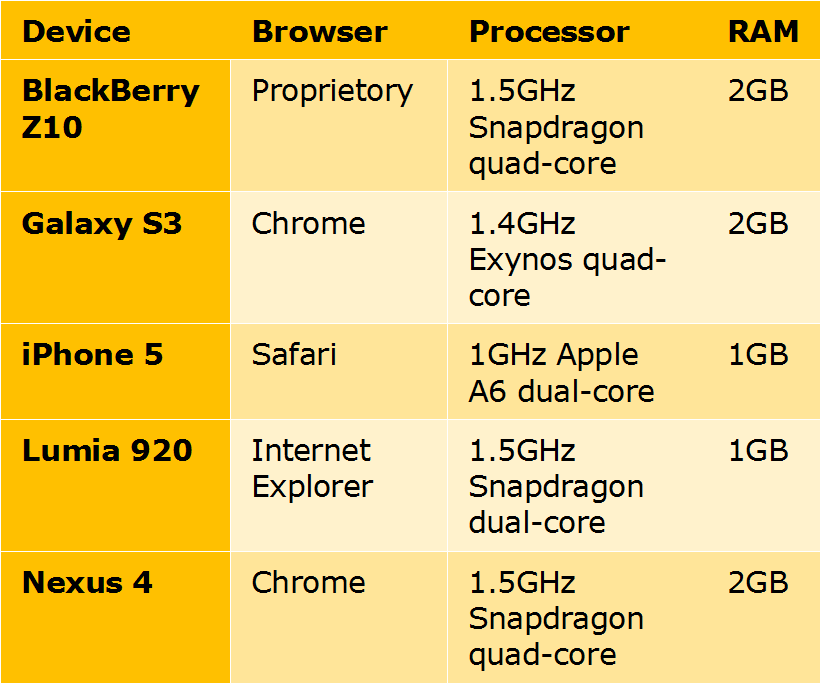
But more cores doesn't necessarily mean better performance. Most apps are not optimised to make use of multiple cores at present and Apple has an advantage over the competition because it is the only firm that designs both its chips and operating system in-house. This allows for a near seamless integration.
Sunspider results
The Sunspider benchmark helps to show the raw speed as it measures how quickly it takes a device to render a web page.
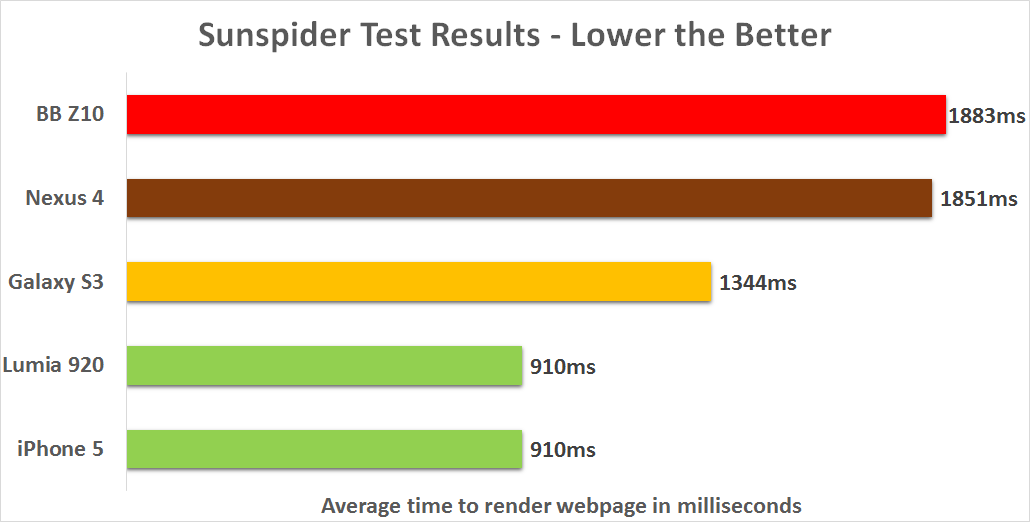
It's the dual-core devices which comes out on top. The iPhone 5 and Lumia 920 returned the same score of 910ms in our tests which is noticeably faster than the rest of the competition.
In third place is the quad-core Galaxy S3, with a reasonable loading time of 1344ms. Meanwhile, the Nexus 4 and BlackBerry Z10 take over double the amount of time to load webpages when compared to the Apple and Windows Phone devices. The Z10 is by far the slowest and it can take 10-15 seconds to load a webpage at times.
Peacekeeper results
The Peacekeeper benchmark also tests JavaScript functionality. Among the tests it includes is benchmarking for HTML5 video + 3D content as well as testing Document Object Model (DOM) which is the standard API JavaScript uses to create a dynamic webpage.
Get the ITPro daily newsletter
Sign up today and you will receive a free copy of our Future Focus 2025 report - the leading guidance on AI, cybersecurity and other IT challenges as per 700+ senior executives
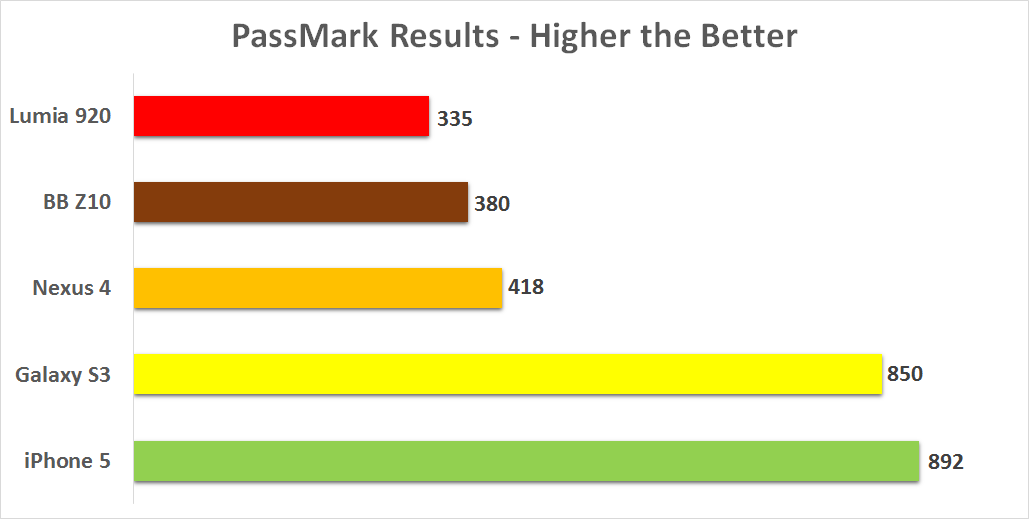
Again it's the iPhone 5, with its dual-core processor which tops the benchmark with a total score of 892 cementing its position as one of the top performing handsets.
The Galaxy S3 jumps up into second place with a score of 693 and the Nexus 4 fairs better in this test too, jumping up into third position.
In a surprise result, the Lumia 920 has gone from joint top in the first test to bottom in the second, with a score of just 335 showing that while Internet Explorer might be one of the fastest around, Windows Phone still needs to be optimised for HTML5 content.
The BB Z10 finds itself in the bottom two again, which leads us to conclude it has the worst performing browser on test. However, it is the only piece of software to natively support Adobe Flash content. So depending on your need to access video content, the BlackBerry handset could turn out to cater to your needs more closely. However, it is also possible to install Adobe Flash on Android devices manually also, should you require the functionality.
Winner: iPhone 5
The iPhone 5 consistently comes out top in terms of speed and HTML5 compatibility, so it is hard not to recommend it as the best internet browsing device. The only thing going against it is the 4in screen, which is the smallest out of all the devices.
Next: Messaging
-
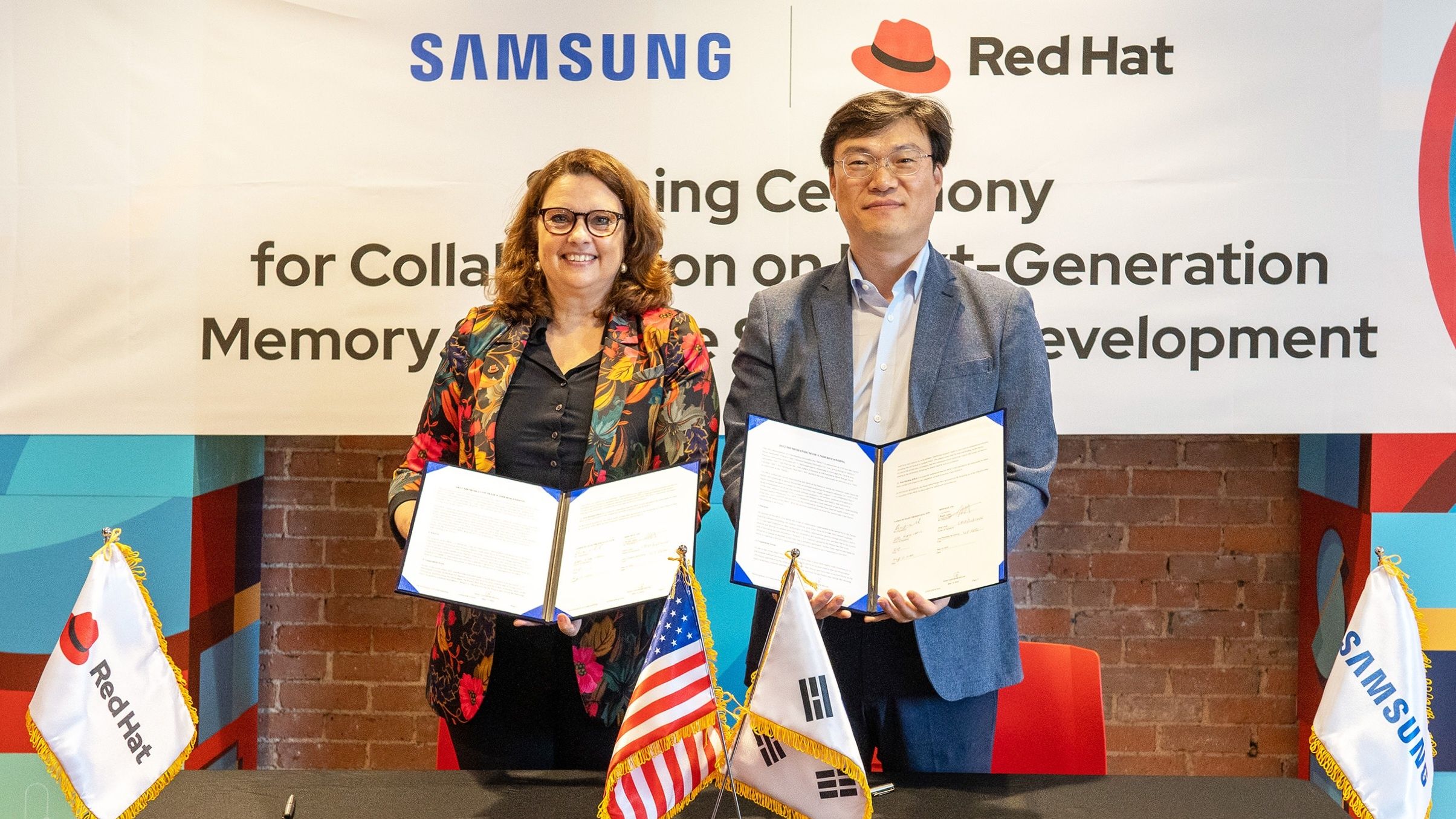 Red Hat and Samsung agree landmark software deal to develop next-gen storage
Red Hat and Samsung agree landmark software deal to develop next-gen storageNews The partnership is a first for Samsung as the companies commit to developing memory software designs that can keep up with emerging tech
By Connor Jones
-
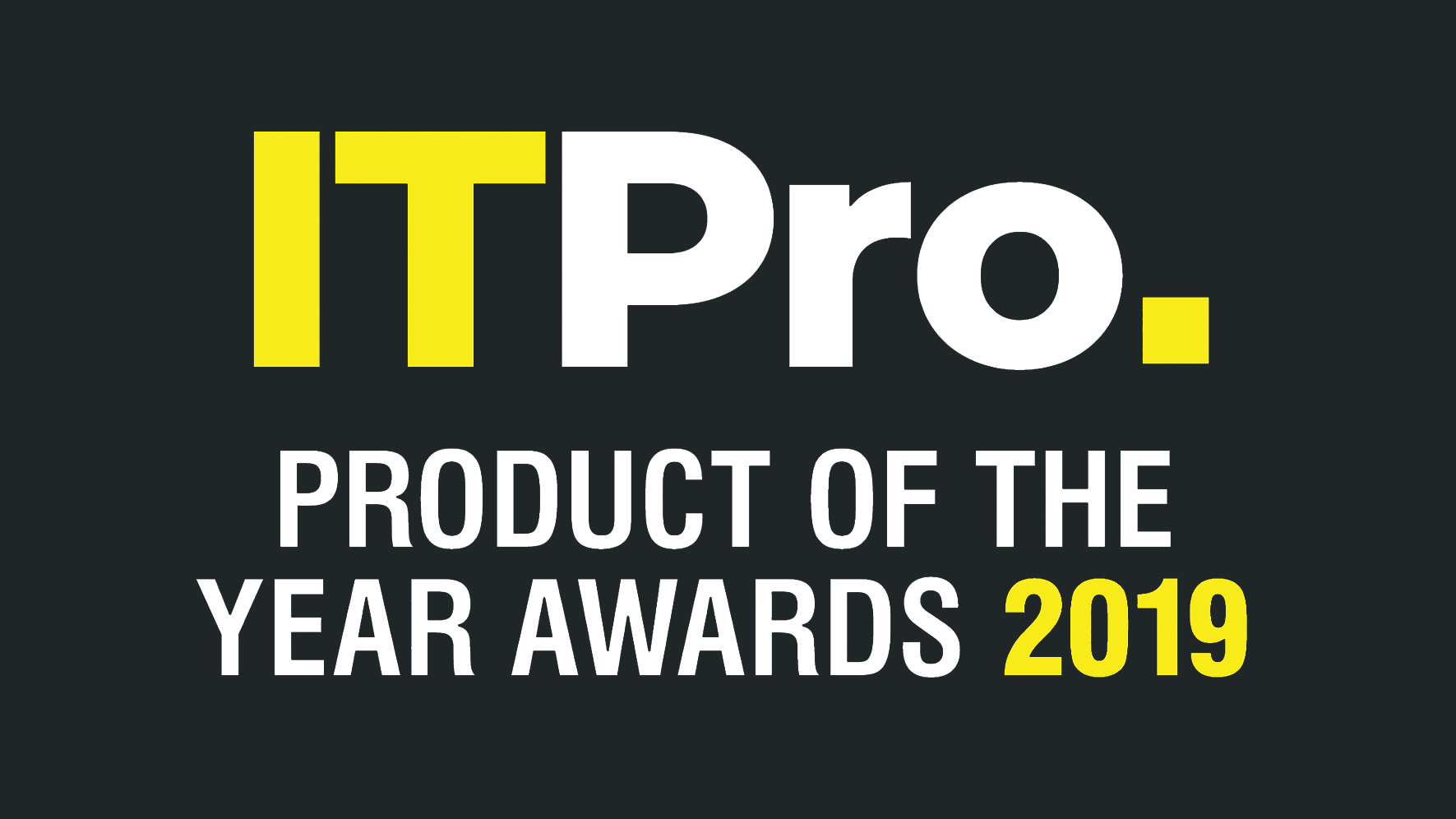 The IT Pro Products of the Year 2019: All the year’s best hardware
The IT Pro Products of the Year 2019: All the year’s best hardwareBest Our favourite equipment from the past 12 months
By ITPro
-
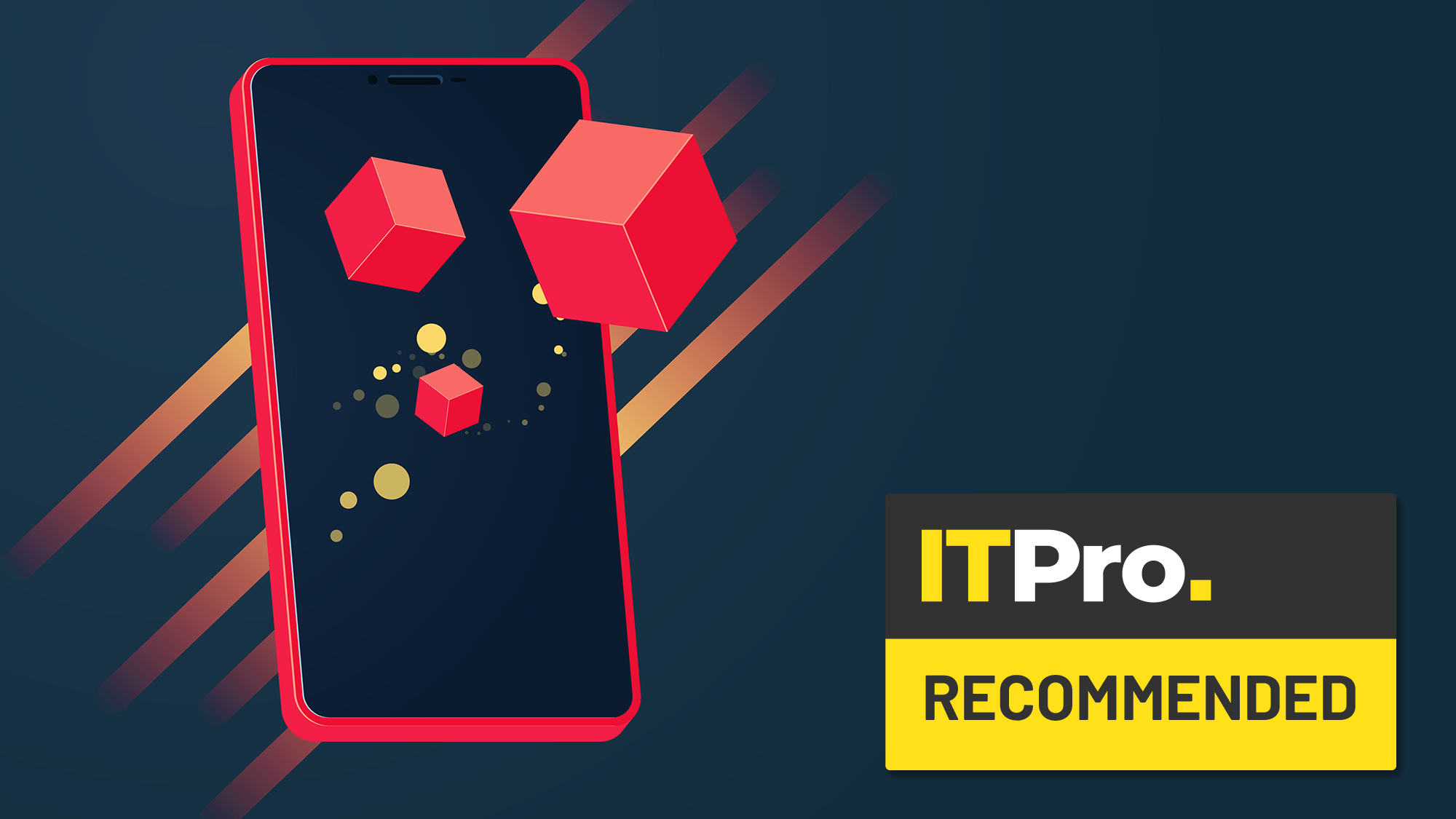 Best business smartphones: The top handsets from Apple, Samsung, Google and more
Best business smartphones: The top handsets from Apple, Samsung, Google and moreBest The best business smartphones on the market today packed with work-focused features you need
By Alan Martin
-
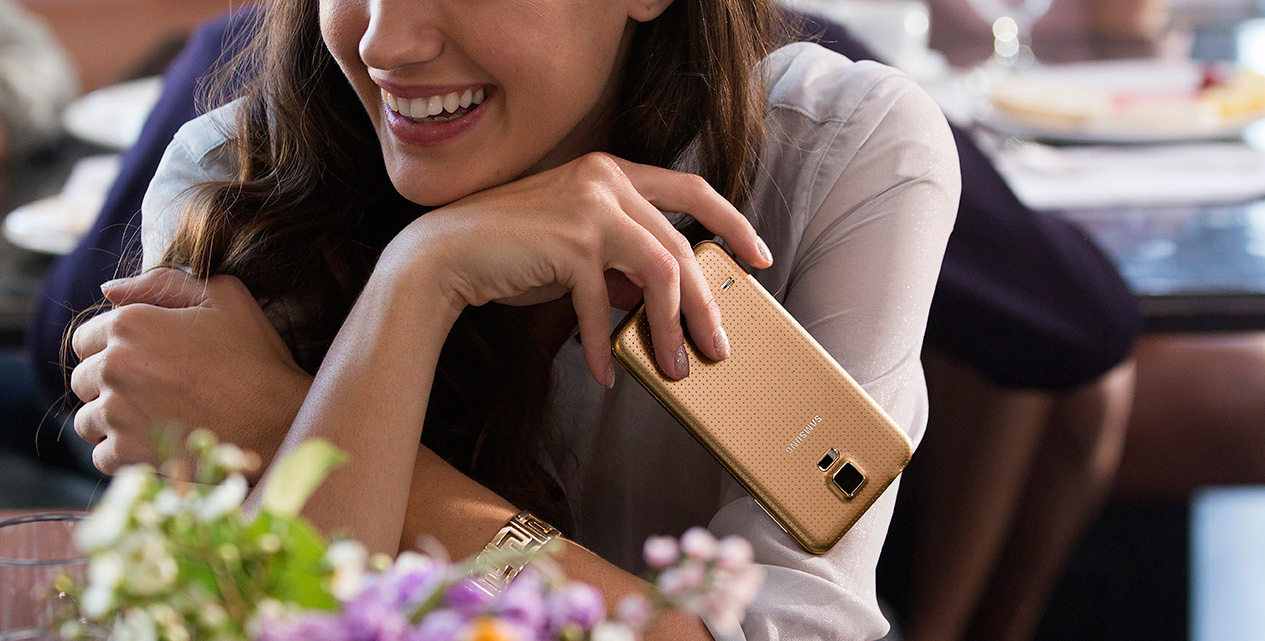 Samsung Galaxy S5: Top 16 tips and tricks
Samsung Galaxy S5: Top 16 tips and tricksTutorials Get the most out of your Galaxy S5
By Zach Marzouk
-
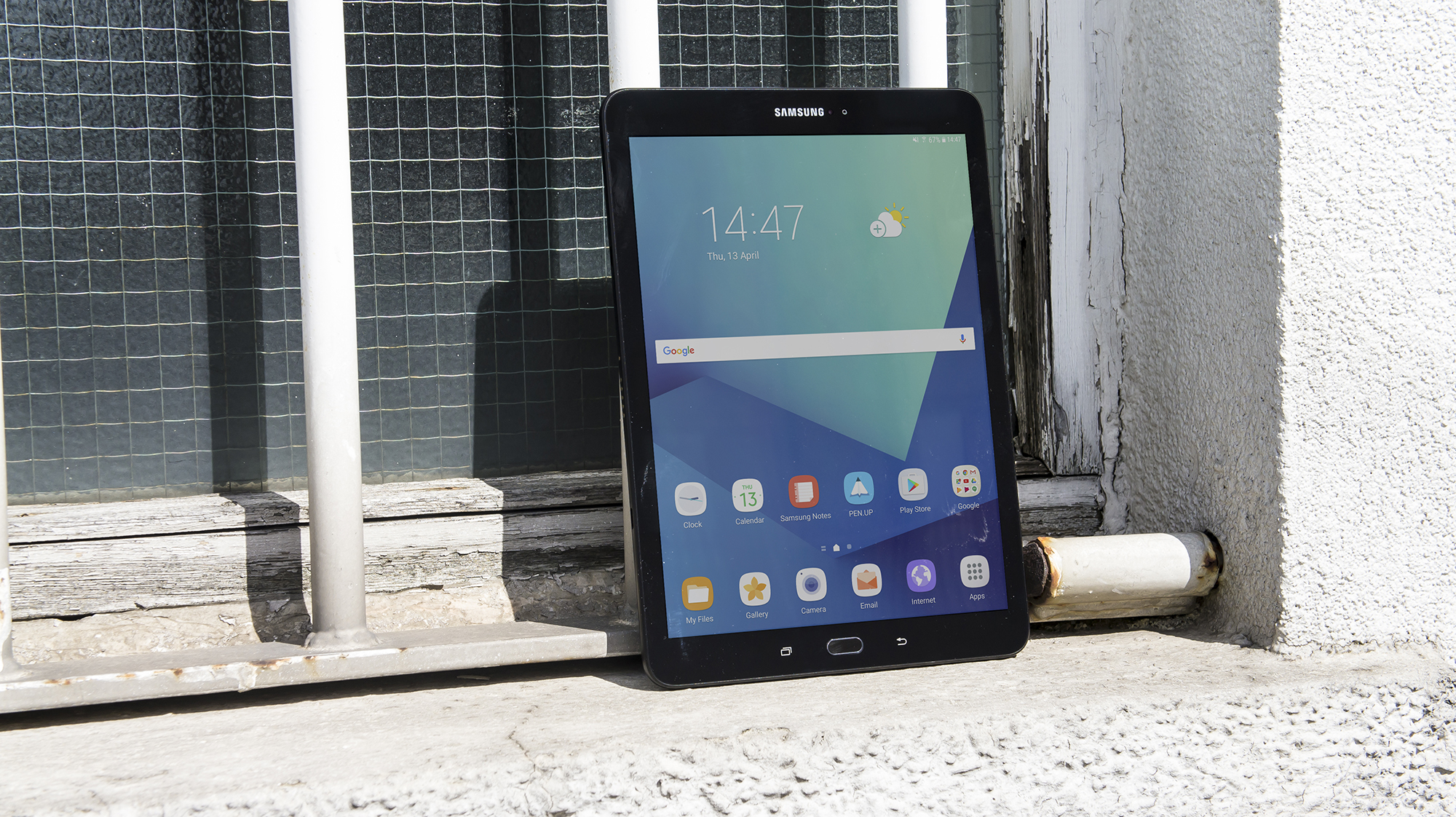 Samsung Galaxy Tab S3 review
Samsung Galaxy Tab S3 reviewReviews The best Android tablet around - but it’s still not a match for the iPad
By Adam Shepherd
-
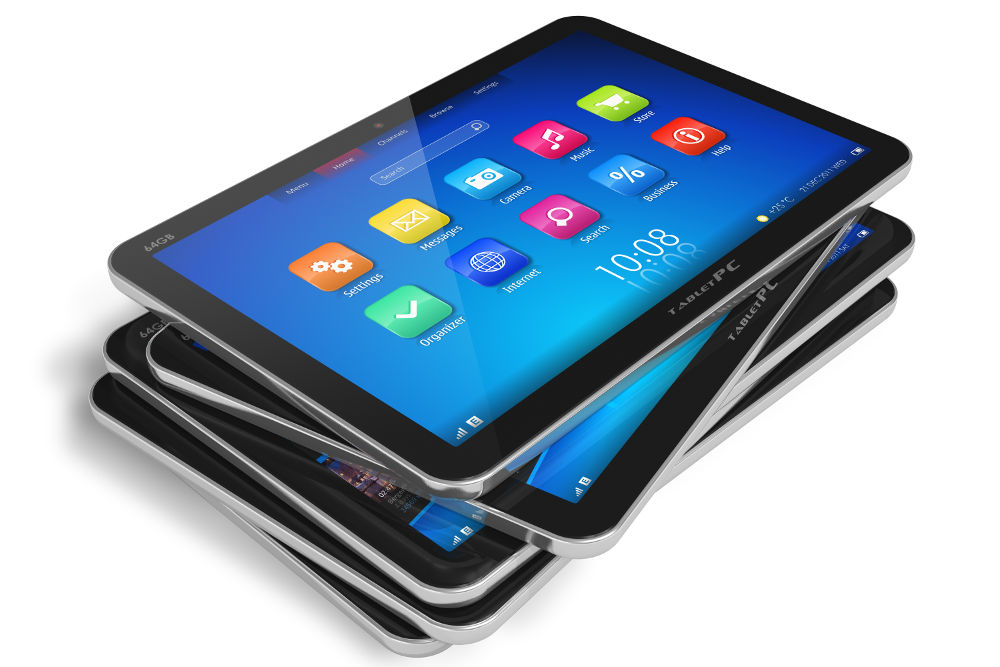 Tablet market falls 15% as low-cost devices lead sales
Tablet market falls 15% as low-cost devices lead salesNews Weakened market caused by 'low-cost detachables" sees third-quarter tablet sales fall by 15%
By Dale Walker
-
 Apple re-awarded $120m in Samsung spat
Apple re-awarded $120m in Samsung spatNews Judge rules in favour of Apple in latest round of patent infringement bout
By Clare Hopping
-
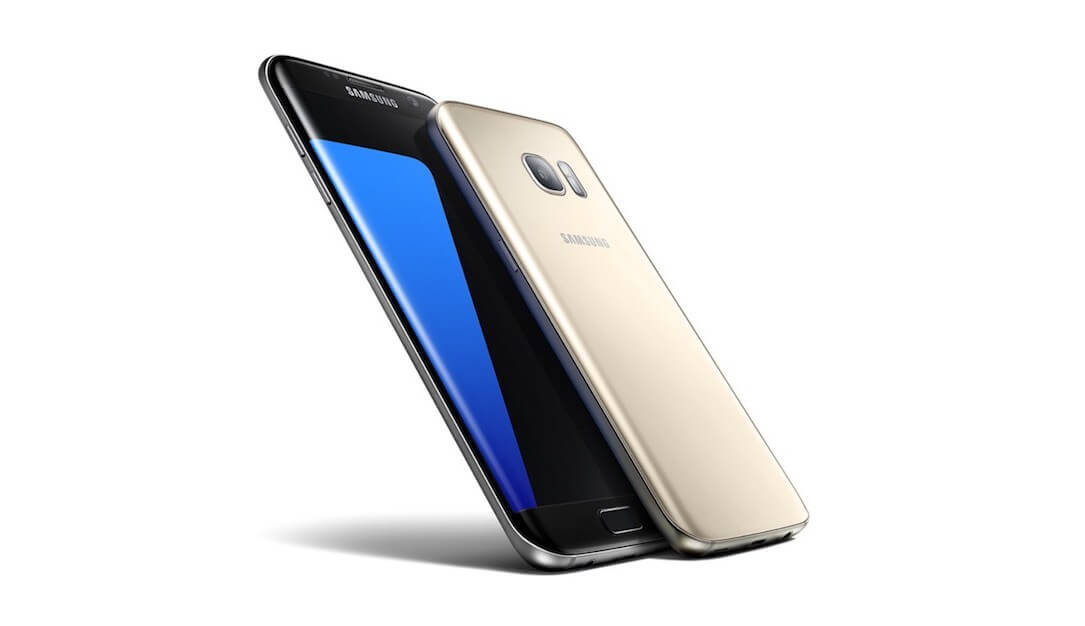 Samsung Galaxy S7/S7 Edge price, features and specs: Samsung Galaxy overtakes Apple iPhone US sales
Samsung Galaxy S7/S7 Edge price, features and specs: Samsung Galaxy overtakes Apple iPhone US salesRumours Galaxy S7 beats iPhone 6s shipments in American market
By Jane McCallion

